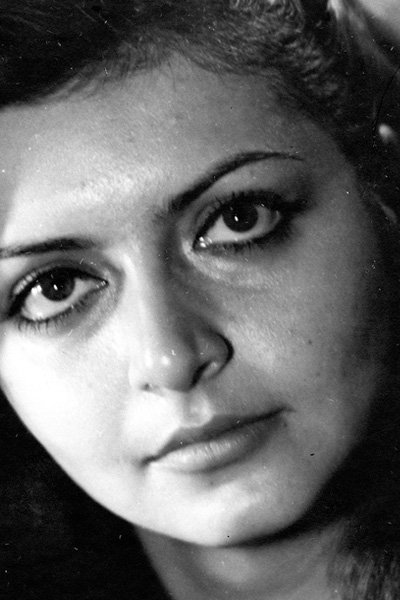
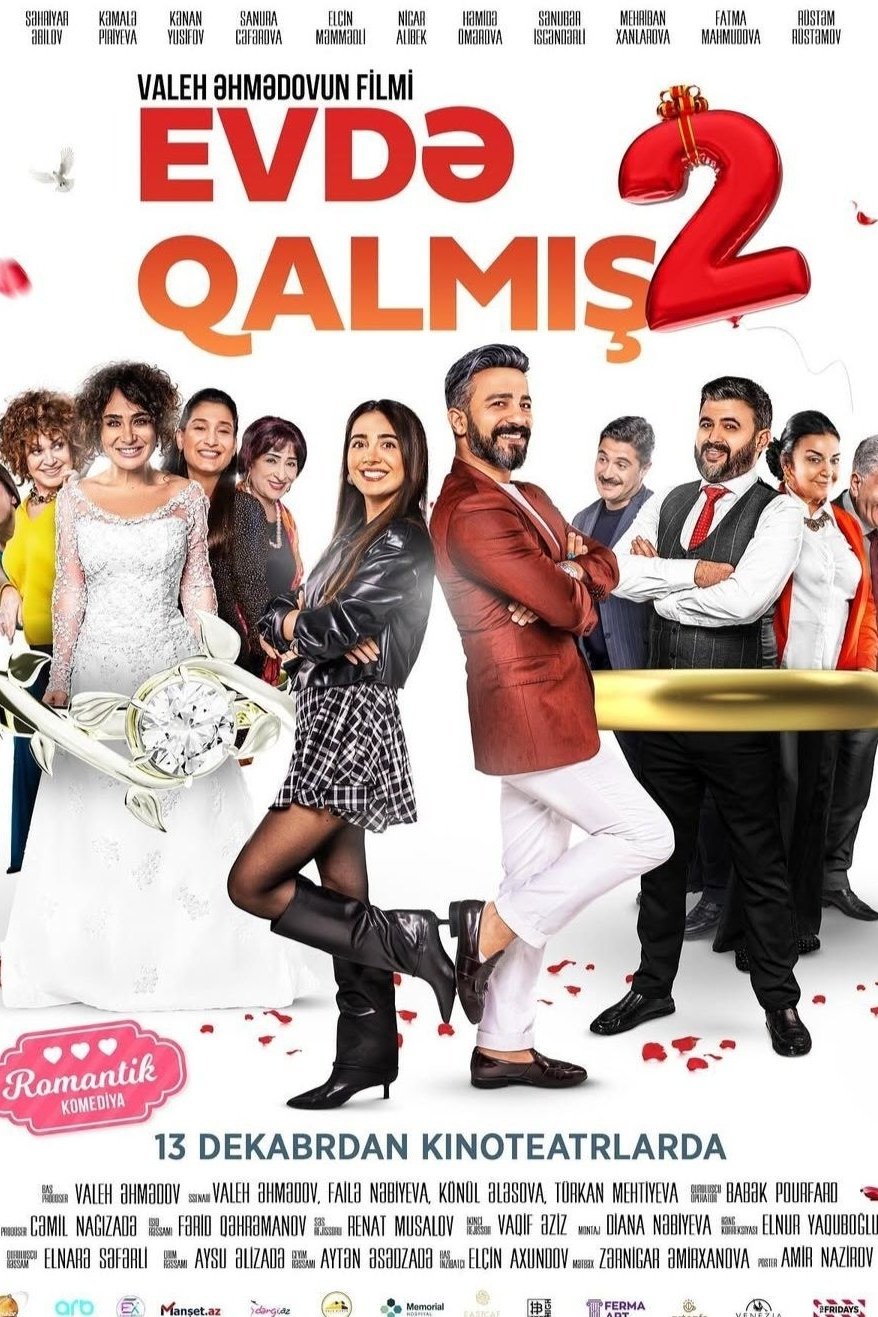
Ruslan and Sevda, who have been childless for five years, try to avoid the question, "So, any news?", but everyone they meet keeps asking it. Shahnisah’s mother is looking for a wealthy husband for her, but she continues to stay at home with her poor boyfriend, Vusal. Asif and Tahmine have three daughters, yet they work day and night for a "son’s blessing" based on others’ opinions. What unites them is that their lives are turning into a romantic comedy.
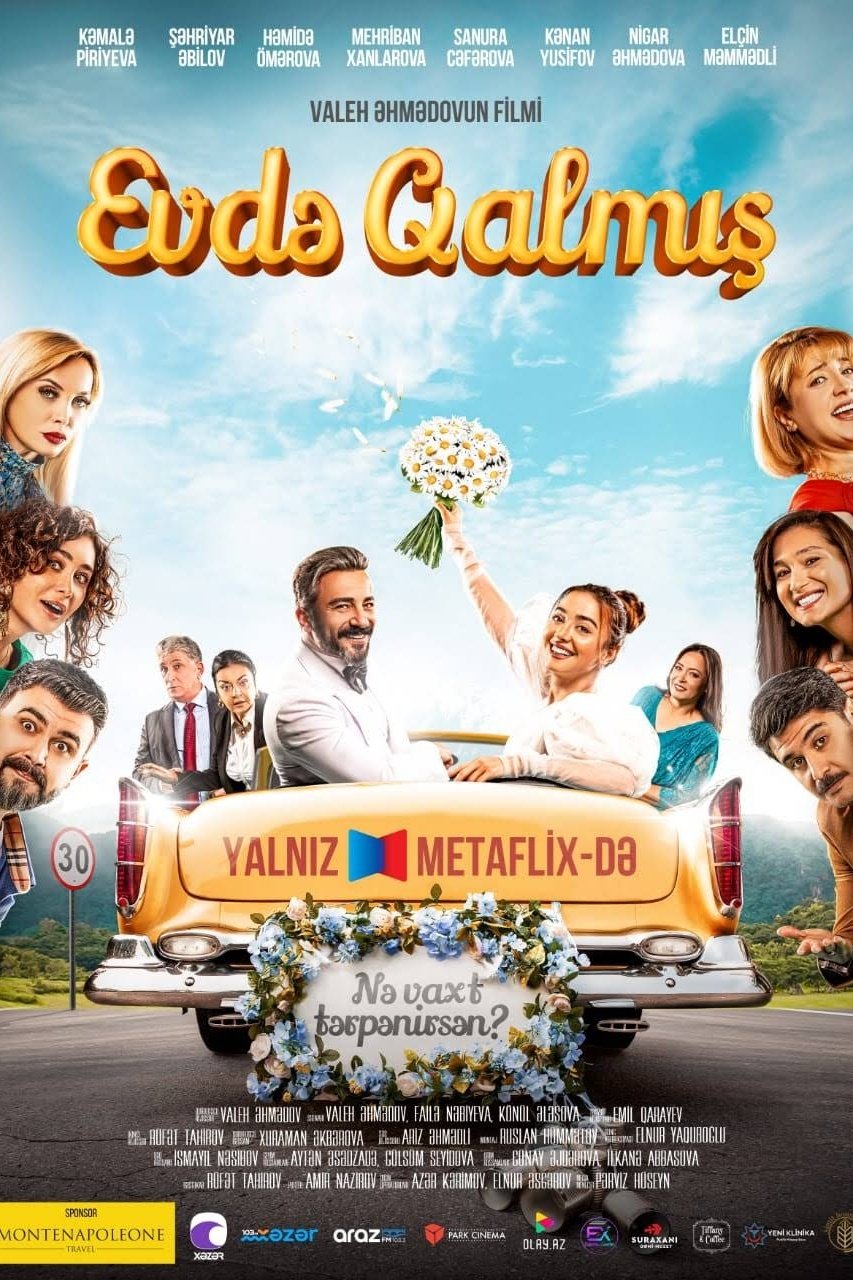
Ruslan and Sevda are forced by their parents to get married by the age of 30. Tired of neighbors and relatives saying things like "You're stuck at home," "When are you going to move, baby?", the young people don't want to get married, but events bring them together...
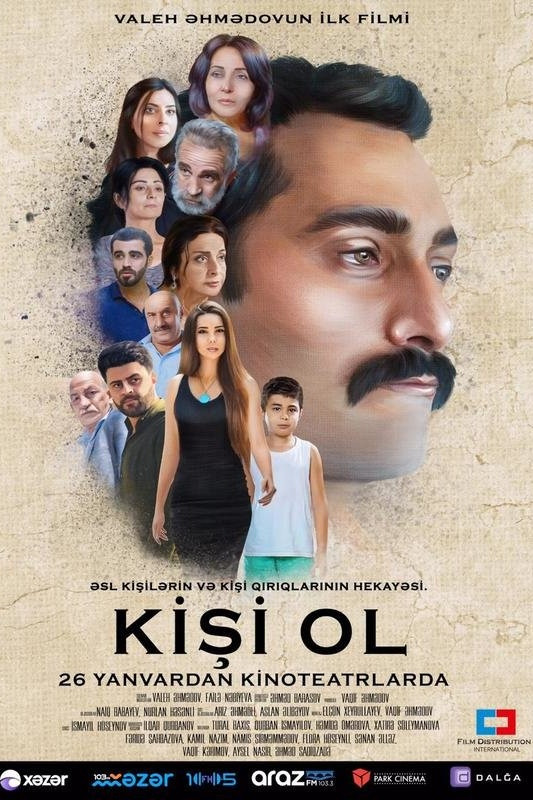
Journalist Mubariz, who is threatened by a businessman, should not write an article, or else he will lose his family. How will Mubariz get out of this situation?
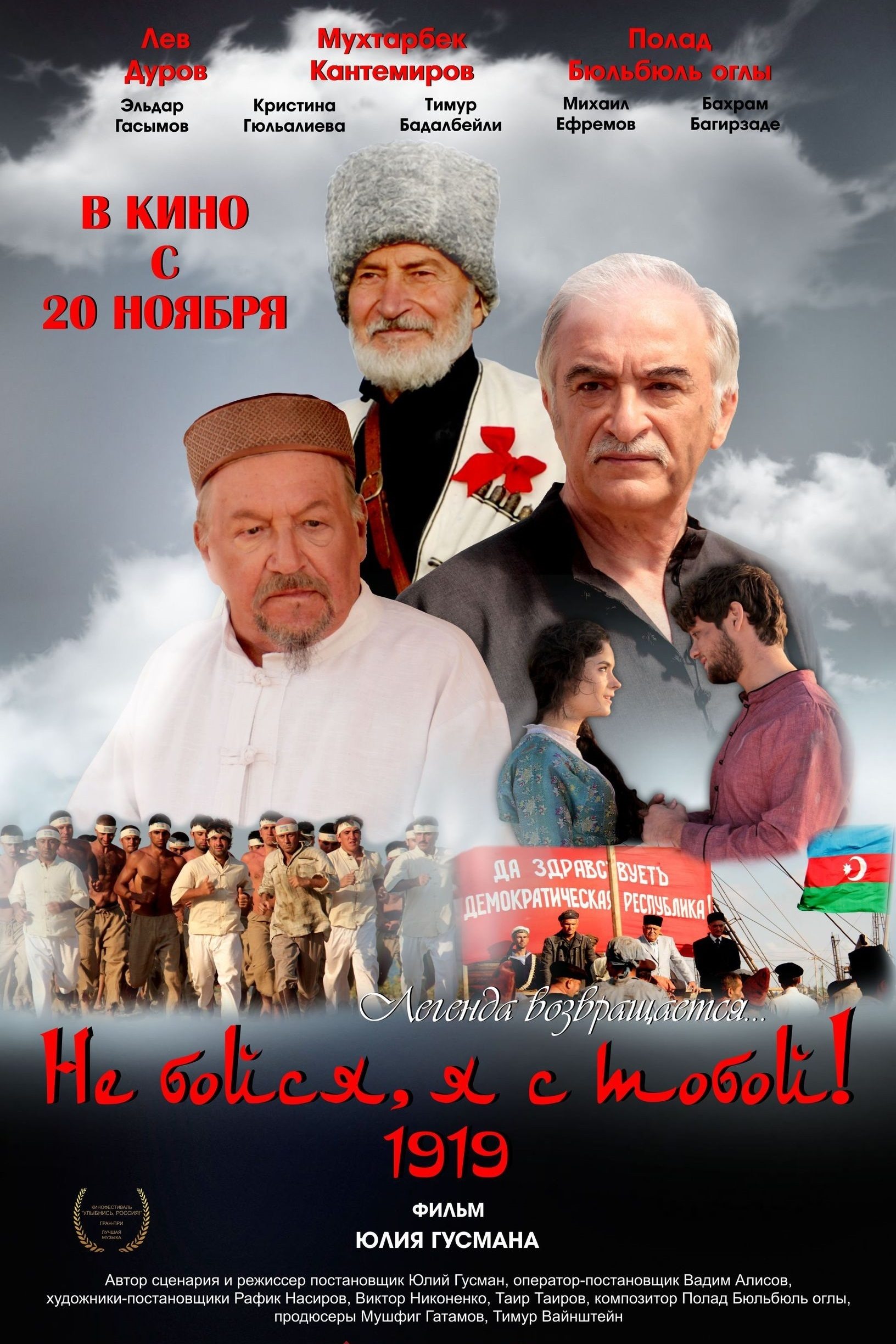
Along with the dangerous adventures, the film also reflects the love of two young heroes. As in Romeo and Juliet, they are the children of two opposing sides.
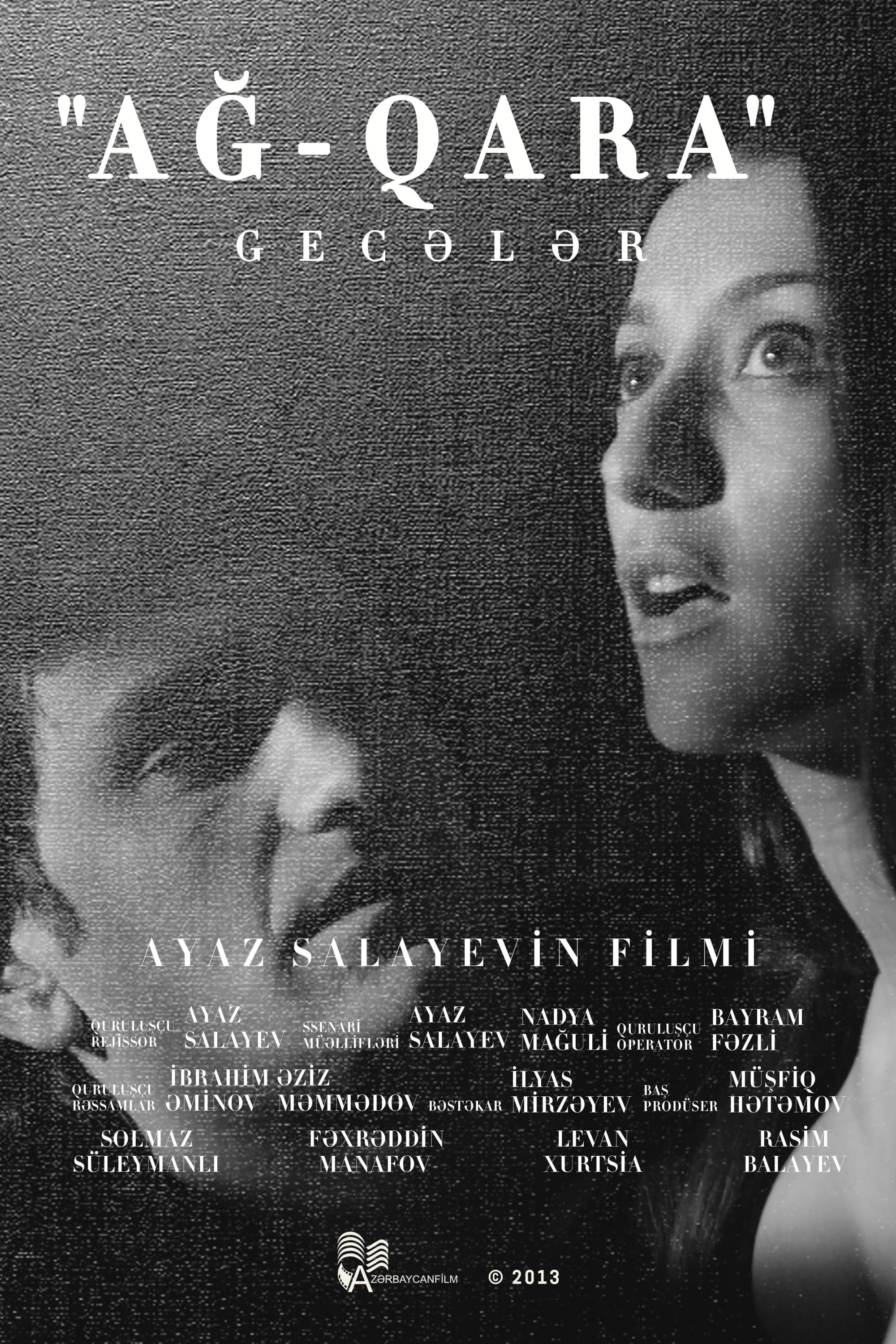
A classic and at the same time unrealistic and phantasmagoric love story with betrayal and hatred. A woman's ruthless hatred of her husband suddenly starts to surface in the programs of the TV channel she has co-founded with her husband.
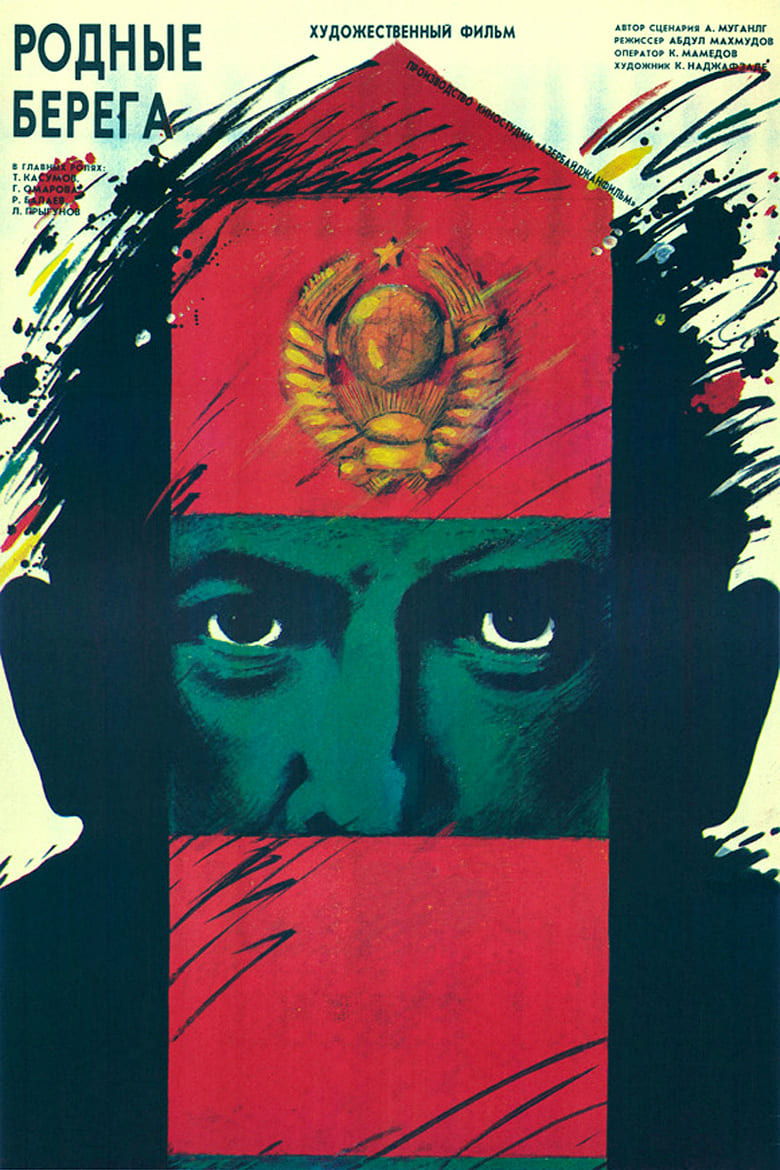
The film is about frontier-guards who averts the diversion in hydroelectric power station which was built by another state.
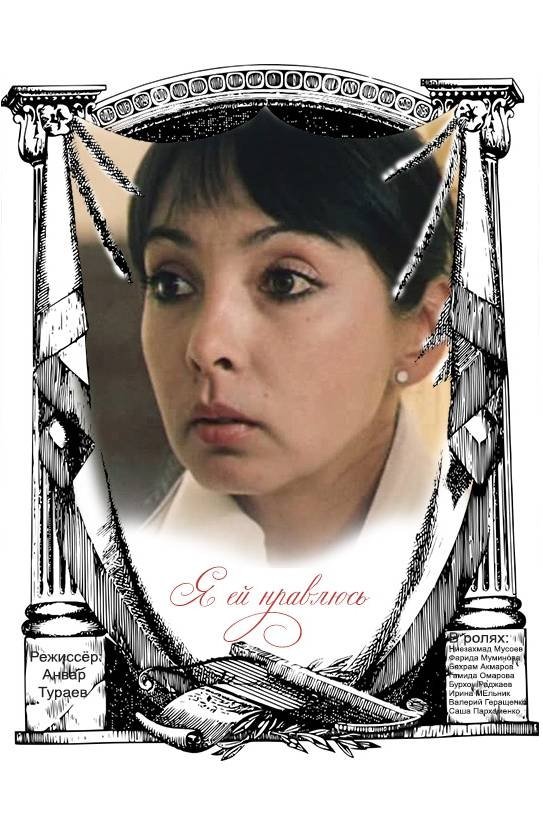
A young doctor, Rustam, works in an ambulance. The hero, who is in love with Nargis, who used to practice with him, finds out that she is marrying his friend Safar. Despite the fact that Safar likes another girl, his parents are rushing the wedding. Convinced that Nargis still loves him, Rustam comes to the registry office with the intention of preventing her ridiculous marriage with Safar...
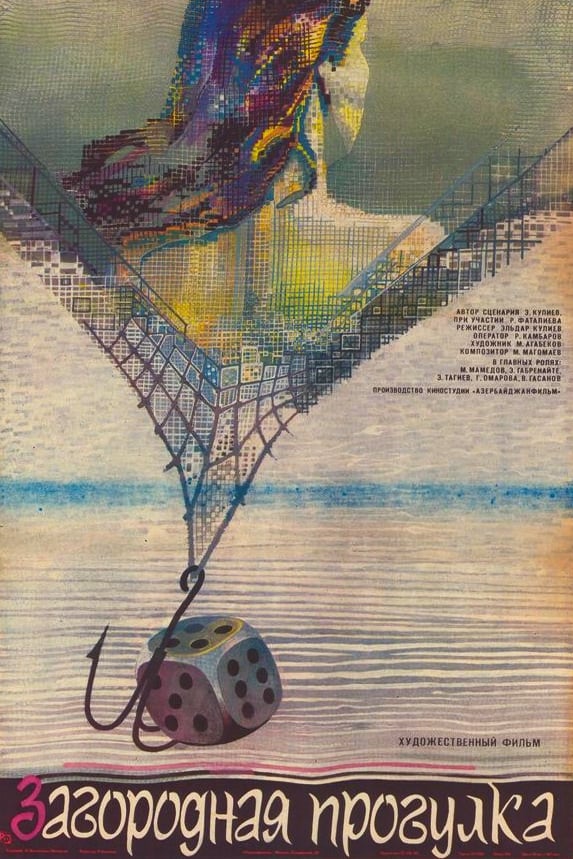
After the novel of the same name of M.Suleymanov. The film is about dramatic events between two workers.
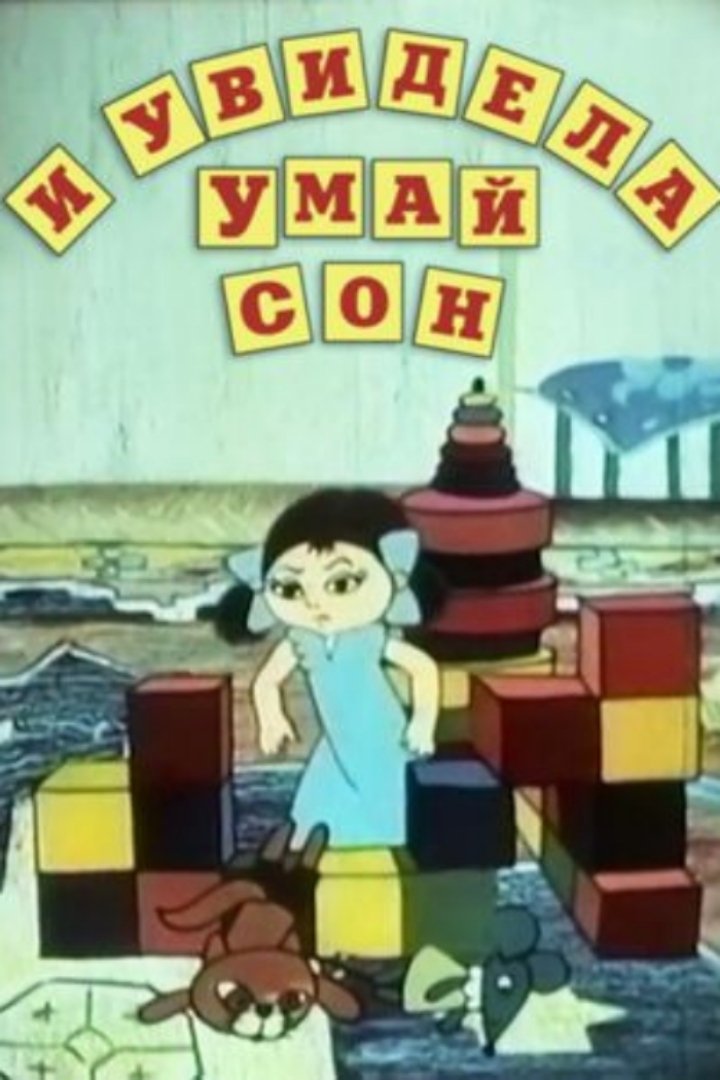
A girl named Umai got tired of toys, she threw them aside, and then went to bed. And Umai saw a dream in which the offended toys decided to leave her.
Hamida Omarova (Azerbaijani: Həmidə Ömərova) was born to a family of teachers, Mammad and Nasiba Omarov. Her parents met at university where both of them studied foreign languages, and went on to have four children, three of whom died in their infancy. When Hamida was born, her parents visited the Sufi Hamid shrine in Qazakh and after being sure the newborn would survive, they named her after the sanctuary. Following her parents' divorce in 1960 and her father's permanent departure to his native Gazakh, Hamida Omarova was raised by her mother and grandmother. After graduating from high school she enrolled at Baku State University to study philology. While finishing her first year in 1975, she entered an academic contest along with other 300 people and was among the 15 contestants who were admitted to the Gerasimov Institute of Cinematography in Moscow. Omarova's first role was in a short film entitled The Dentist in 1977. Since then, she starred in over 30 films and became the most successful Azerbaijani actress of the decade performing at times in up to 4 movie shootings simultaneously. In Russia, she is known mostly for acting in Yuli Gusman's film "Don't Be Afraid, I'm with You" (1981), staged in Gakh, Azerbaijan. Her performance was rewarded with numerous awards including that of a People's Artist of Azerbaijan. With the collapse of the Soviet Union in 1991, Azerbaijan's movie industry experienced severe decline. This became both a career decay and a psychological ordeal for Omarova. After going through a period of depression, she got married in 1992 and gave birth to a son. At the same time, she hosted the late night show Retro, a weekly review of classic movies from Azerbaijan and abroad. In 2006 Omarova was elected President of the Azerbaijani Union of Cinematographers.
By browsing this website, you accept our cookies policy.